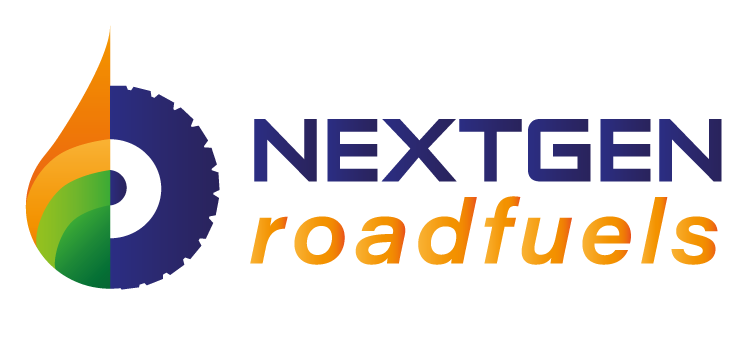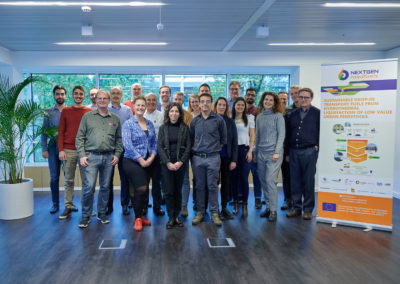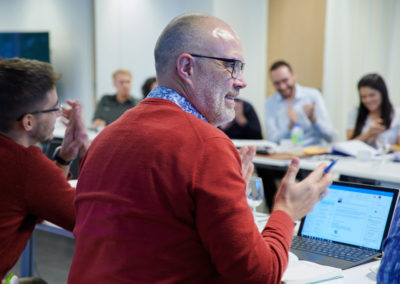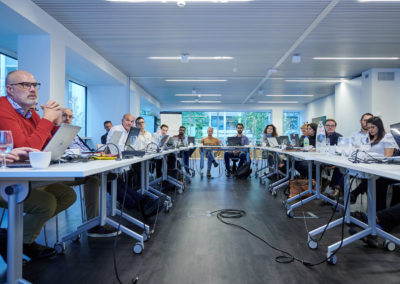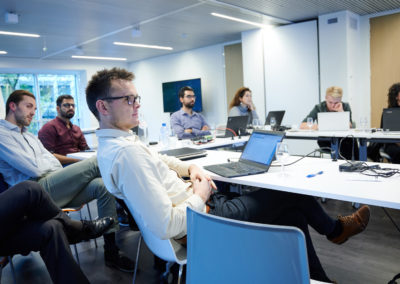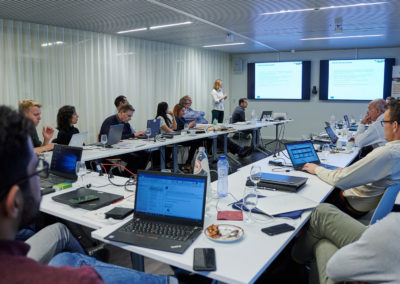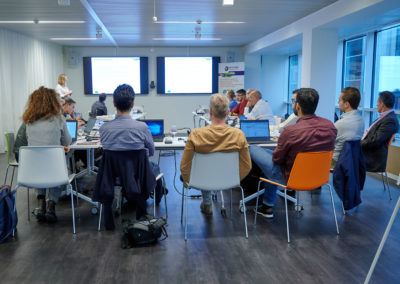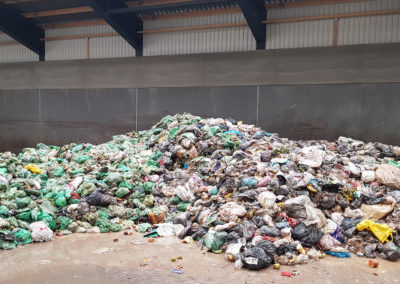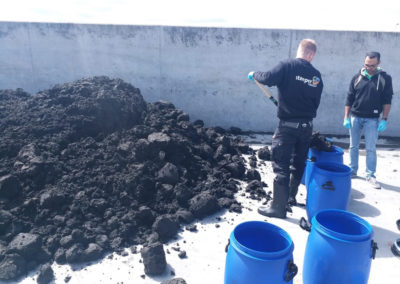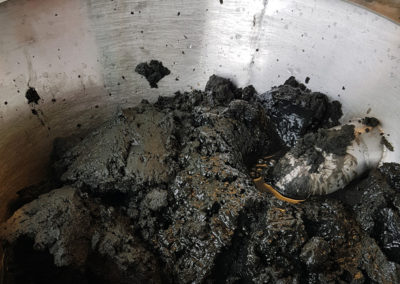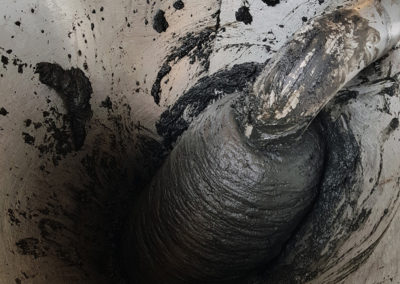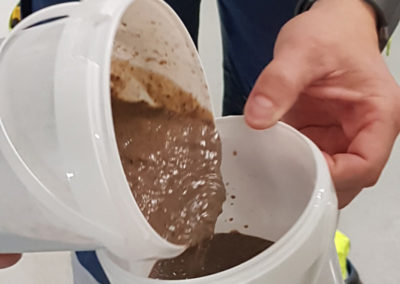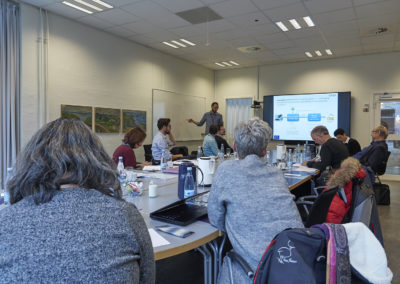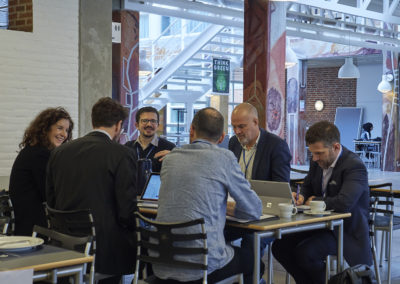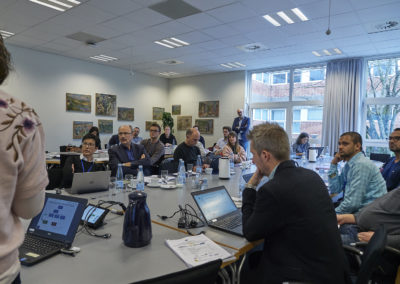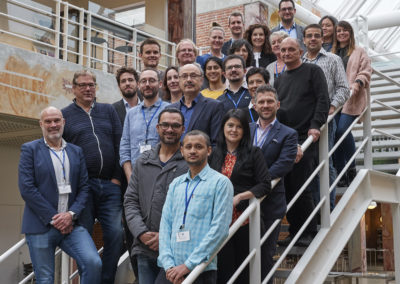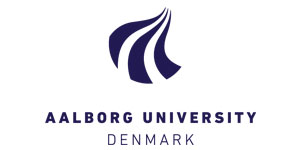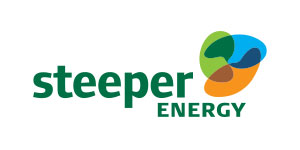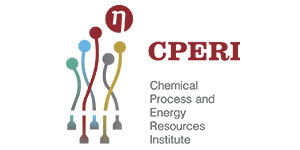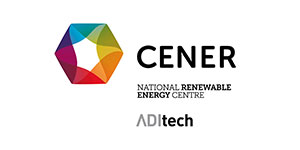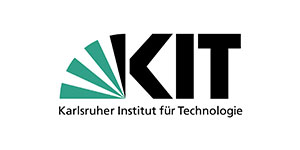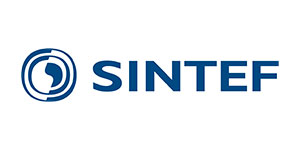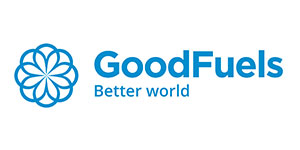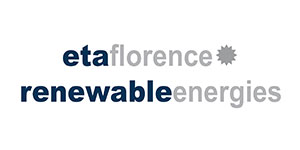NextGenRoadFuels is a Horizon 2020 project to develop a competitive European technology platform for sustainable liquid fuel production.
The project will prove the Hydrothermal Liquefaction pathway (HTL) as an efficient route to produce high-volume, cost-competitive, drop-in synthetic gasoline and diesel fuels, as well as other hydrocarbon compounds.

The project supports the SET-Plan Key Action 8 on renewable fuels and bioenergy, contributing to the renewable-energy-in-transport target and to the GHG emissions reduction objectives, in line with the Renewable Energy Directive (RED II) and the European Energy Roadmap 2050.
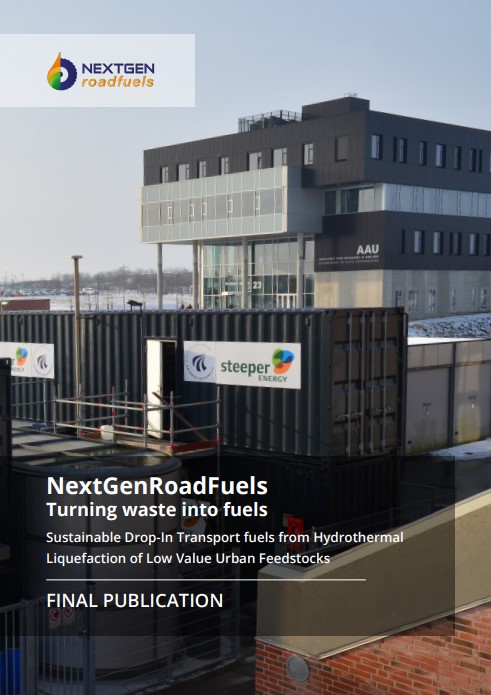
Final Project Publication!
Four years of research and pilot trials carried out by the NextGenRoadFuels project has led to numerous findings in the field of hydrothermal liquefaction (HTL), not only as an efficient route to produce drop-in synthetic fuels, but also as a core technology for urban waste valorisation.
This final project publication summaries and presents the key findings from each aspect of the research:
- Improving the HTL value chain from the start.
- HTL as core technology for urban waste valorisation.
- Turning challenging waste-derived biocrude into fuels.
- The market situation for HTL.
- Environmental assessment, sustainability and economics.
- The future for HTL.
Download the full publication here.
News
Partners met together at the 3rd Project meeting
The NextGenRoadFuels partners gathered together at the SINTEF office in Brussels for the 3rd Project Meeting and General Assembly meeting on
NextGenRoadFuels at the Expert Workshop: Potential of hydrothermal liquefaction (HTL) routes for biofuel production
More than 90 participants from academies and industries gathered together last November 19th, 2019 at the Expert Workshop on “Potential of
New article of CENER on pre-treatment activities on sewage sludge
Last 30th October 2019, the project partner CENER (National Renewable Energy Centre) published an article on ASEBIO (The Spanish Association of Bio-
NextGenRoadFuels project presented at TC Biomass 2019 Conference
NextGenRoadFuels project presented last week at “The International Conference on Thermochemical Conversion Science: Biomass & Municipal
INEA Biofuel clustering workshop, 23-24 May 2019
Research on biofuels has a prominent role in the future sustainability goals of the European Union. To date, a large number of EU-funded research projects
Visit of the Danish Minister of Energy, Utilities and Climate, Mr Lilleholt to Aalborg University
Last Friday March 22nd 2019, the Danish Minister of Energy, Utilities and Climate, Mr Lars Christian Lilleholt, visited the Advanced Biofuels facilities at
Circular economy approach
The project will develop a cost-effective valorisation pathway for multiple urban waste streams such as sewage sludge, organic waste and construction wood waste.
These streams will be converted into renewable fuels, fertilizers and proteins, thus fostering the urban transition towards a circular economy.
Cost-effective and scalable technology
At the basis of the NextGenRoadFuels process there are different combinations of thermo-catalytic, electro-catalytic and biochemical technologies.
This will permit to have a full scalable process, easy to integrate into existing supply infrastructures, and competitive final costs placing NextGenRoadFuels at the forefront in realising sustainable transport biofuels.
Flexible model
The consortium will use available state-of-the-art pilot facilities in 2 main scenarios:
- a standalone model where a full production pathway from urban feedstock to drop-in fuels can be managed at a central facility;
- a hub-and-spoke model, with several HTL plants close to the sources of feedstock and serving a single upgrading facility.
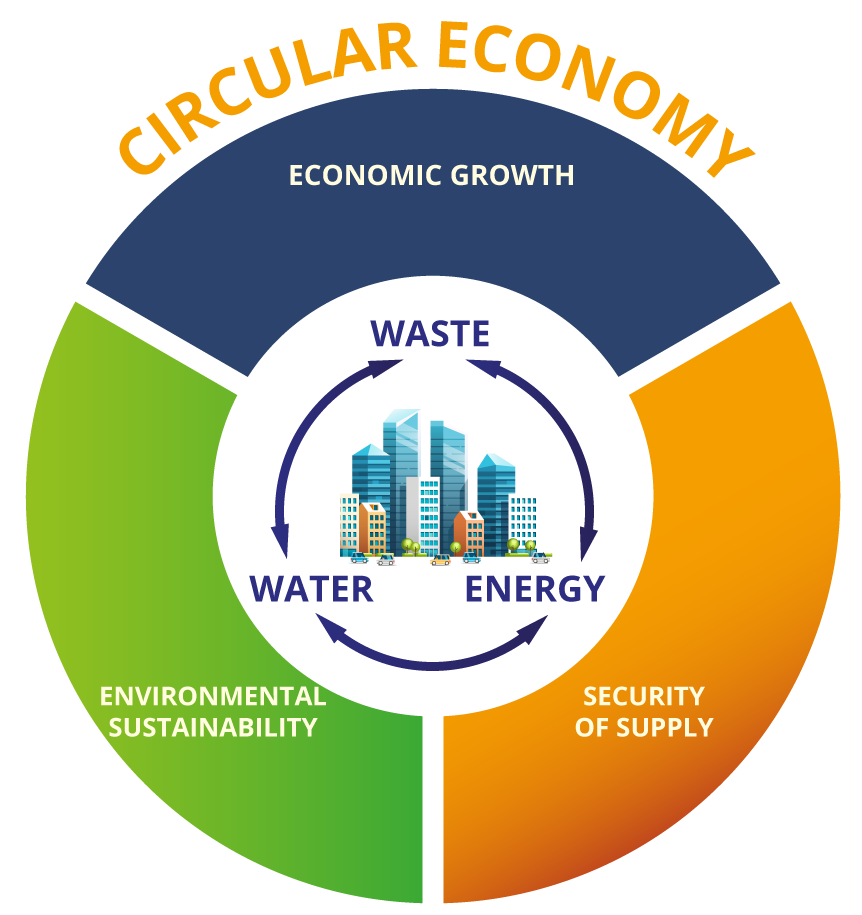
Activities
Collection
Upgrading
Market
Pre-treatment
LCA
Business strategies
HTL
Integrated assessment
Knowledge sharing
Stay updated

This project has received funding from the European Union’s Horizon 2020
Research and Innovation Programme under Grant Agreement No. 818413
